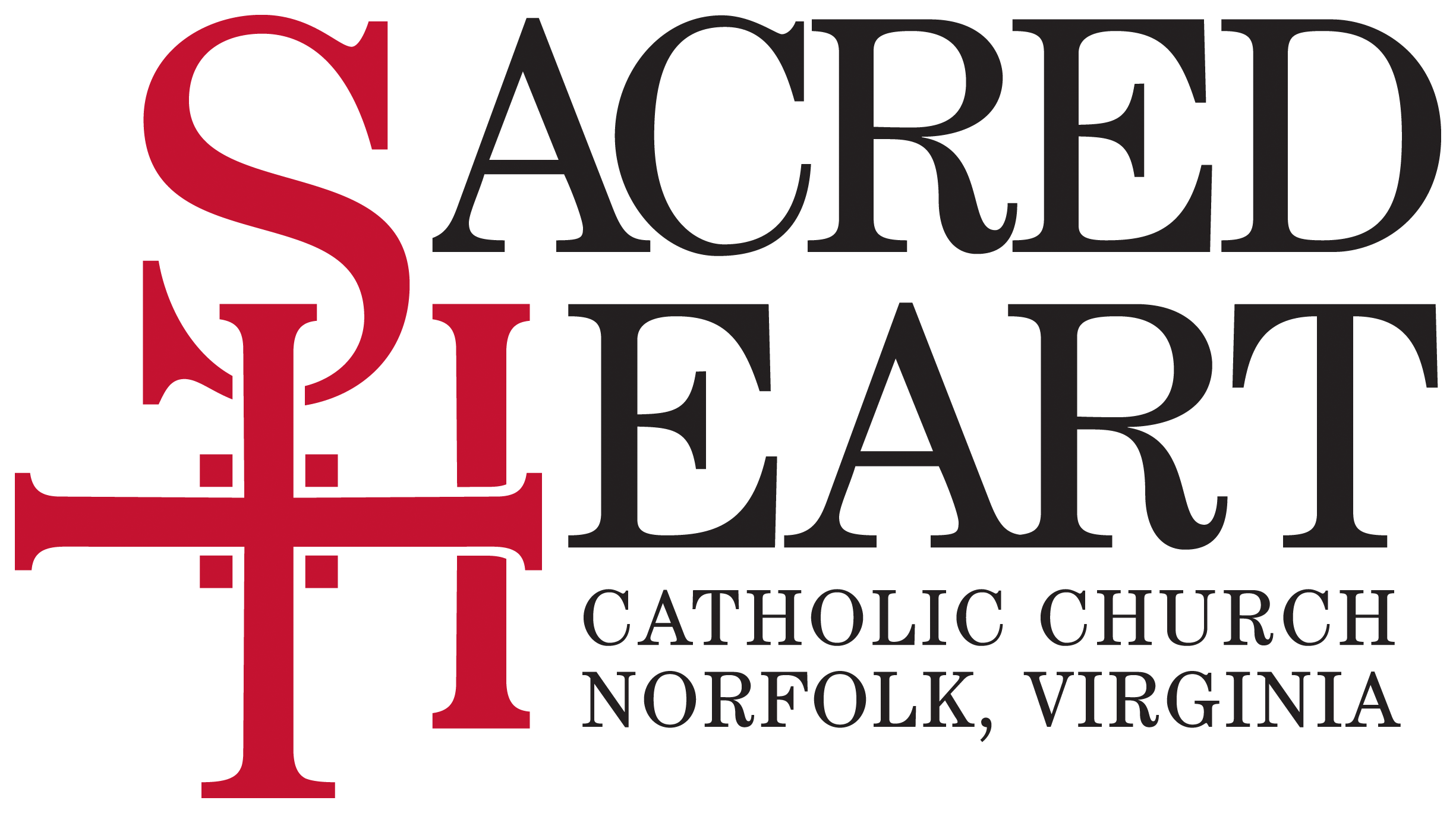“Praeludium Circulare” Symphonie 2 [Final Version 1928/29] Charles Marie Widor (1844-1937) is a piece of music that Widor worked on throughout his life. He changed it by recomposing, and reworking the piece four or five times. The final version goes through all the keys although it is hard to hear the key because it is always changing.
‘Præludium et Fuga in F’ from Ariadne Musica Johann Caspar Ferdinand Fischer (c. 1656 – 1746) The famous Ariadne Musica by Fischer are a set of short Preludes and Fugues in all the keys and modes. It is the template used by Bach (1685-1750) [note Fischer’s dates] in his monumental 48 Preludes and Fugues in all the keys – major and minor. The ‘Præludium et Fuga in F’ theme was used by Bach in book 1 of the 48 Preludes and Fugues with some slight changes.
I Will Lift Up Mine Eyes [Psalm 121] Leo Sowerby (1895-1968) The Offertory this week is a composition by Leo Sowerby who was organist and choirmaster at St. James’ Pro-Cathedral in Chicago, Illinois for many years. It was written in 1920 after Sowerby came back from World War I. He served as a bandmaster. You will hear music which is very accessible and very pretty. While he was in Chicago he arranged music for the Chicago Symphony and the Paul Whiteman Band/Orchestra. In 1924 he commissioned George Gershwin’s Rhapsody in Blue which was premiered by his orchestra with the composer at the piano.
The Communion “I Sat Down” Sir Edward Bairstow (1874-1946) became the organist and choirmaster of York Minster in 1913, a post he held until his death in 1946. The motet “I Sat down” sounds like the usual English music composed in that period in the early 20th Century before the First World War. But for a choir, it is not at all usual. The piece begins with the tenors singing their part on top of the sopranos, the altos, and the basses. This causes difficult balance problems. Here is the text.
“I sat down under his shadow with great delight, and his fruit was sweet to my taste.
He brought me to the banquet hall. His banner over me is love.” [The Song of Solomon]
Notorious for his terseness and bluntness, Bairstow did not always endear himself to others. Asked whether he would be willing to follow the example of his predecessor at York, Thomas Tertius Noble, and emigrate to the United States, he replied that he would “rather go to the devil”. Comfortably ensconced in Yorkshire, where he was a close friend of the equally blunt Dr. Moody, Organist at Ripon Cathedral, he refused an offer to succeed Frederick Bridge at Westminster Abbey. He instead recommended his erstwhile pupil Ernest Bullock, who was duly appointed to the post.

I love your posts which contain little bios of the composers!